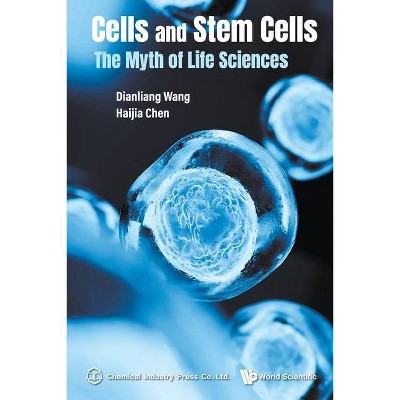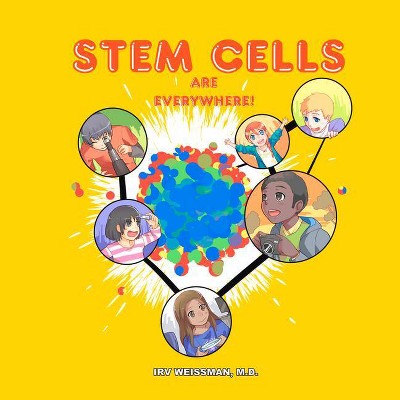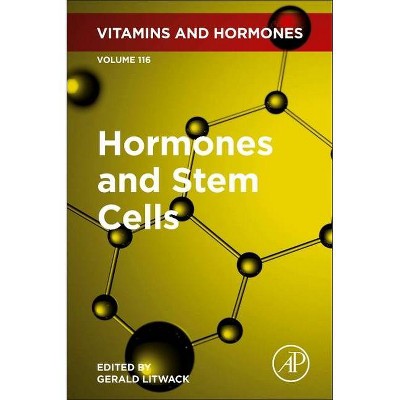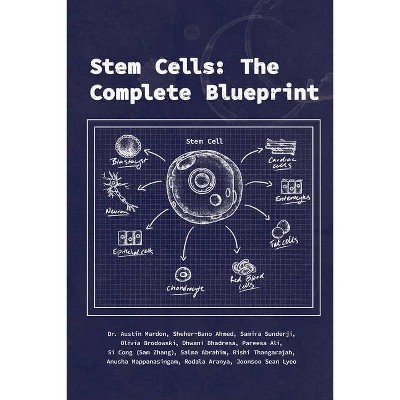Stem Cells and Aging - by Surajit Pathak & Antara Banerjee (Paperback)
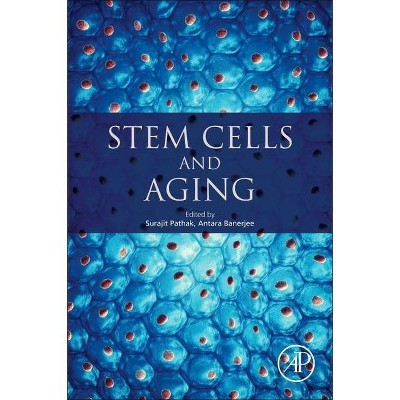
Similar Products
Products of same category from the store
AllProduct info
<p/><br></br><p><b> Book Synopsis </b></p></br></br><p><i>Stem Cells and Aging</i> covers what is known about the effect of time and age on the basic units of life, which are the corresponding tissue-specific or adult stem cells. Even though the concept of stem cells was introduced nearly a century ago by Alexander Maximow, modern stem-cell research began in 1963 when James Till, Ernest McCullough and Lou Siminovitch established assays to detect hematopoietic stem cells. In fact, given the importance of the aging-associated diseases, scientists have developed a keen interest in understanding the aging process as they attempt to define the role of dysfunctional stem cells in the aging process. </p> <p>With an aging population worldwide, understanding these age-related stem cell changes at a basic biology level and at the level of their influences for regenerative medicine is of interest and importance. There is increasing evidence that the aging process can have much adverse effects on stem cells. In the modern era, one of the emerging fields in treating human diseases is stem cell research, as stem cells have the remarkable potential to treat a wide range of diseases. Nevertheless, understanding the molecular mechanism involved in aging and deterioration of stem cell function is crucial in developing effective new therapies for aging. </p><p/><br></br><p><b> Review Quotes </b></p></br></br><br><i>Stem Cells and Aging</i> covers what is known about the effect of time and age on the basic units of life, which are the corresponding tissue-specific or adult stem cells. Even though the concept of stem cells was introduced nearly a century ago by Alexander Maximow, modern stem-cell research began in 1963 when James Till, Ernest McCullough and Lou Siminovitch established assays to detect hematopoietic stem cells. In fact, given the importance of the aging-associated diseases, scientists have developed a keen interest in understanding the aging process as they attempt to define the role of dysfunctional stem cells in the aging process. With an aging population worldwide, understanding these age-related stem cell changes at a basic biology level and at the level of their influences for regenerative medicine is of interest and importance. There is increasing evidence that the aging process can have much adverse effects on stem cells. In the modern era, one of the emerging fields in treating human diseases is stem cell research, as stem cells have the remarkable potential to treat a wide range of diseases. Nevertheless, understanding the molecular mechanism involved in aging and deterioration of stem cell function is crucial in developing effective new therapies for aging. --<b>Anticancer Research</b><br>
Price History
Price Archive shows prices from various stores, lets you see history and find the cheapest. There is no actual sale on the website. For all support, inquiry and suggestion messagescommunication@pricearchive.us
